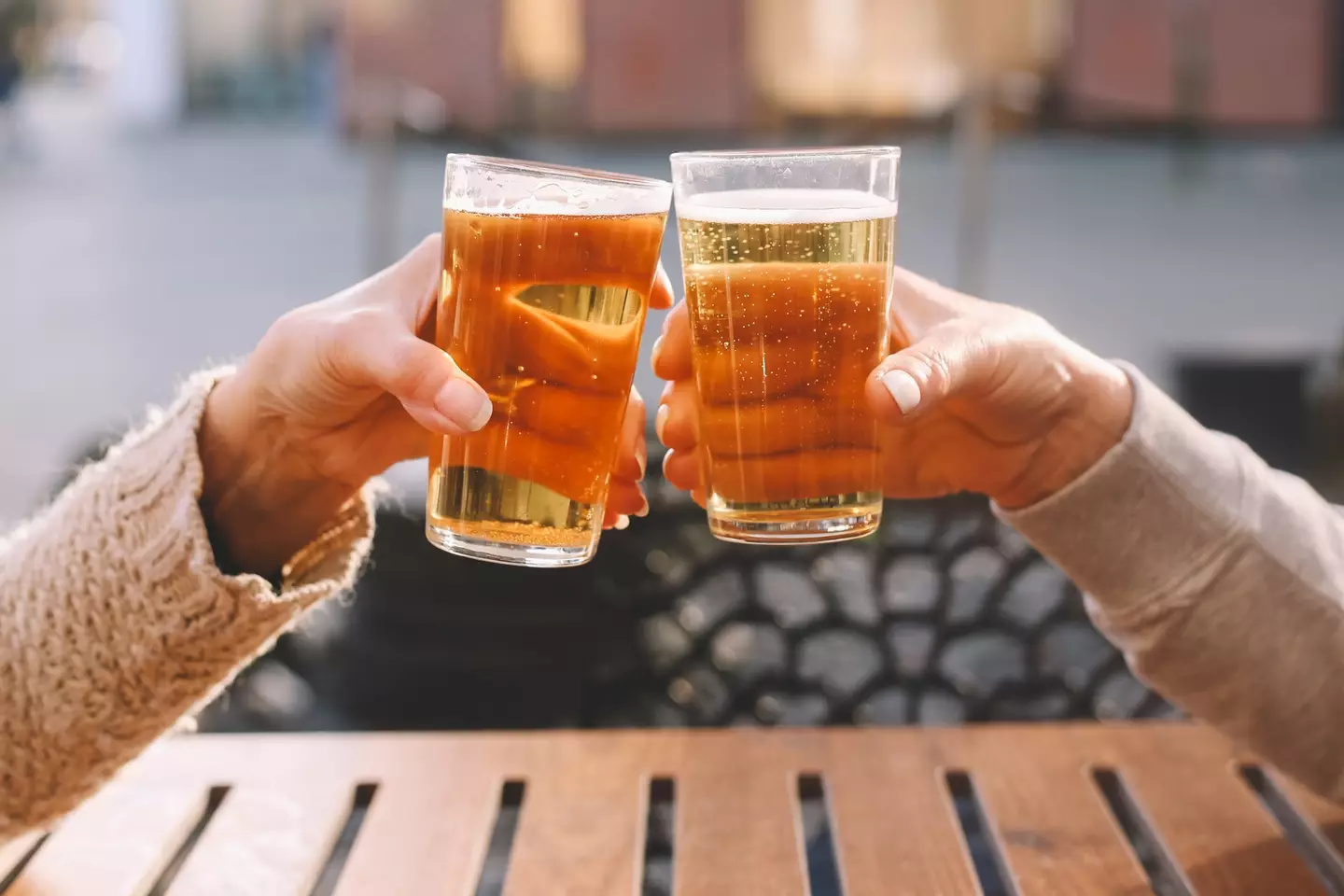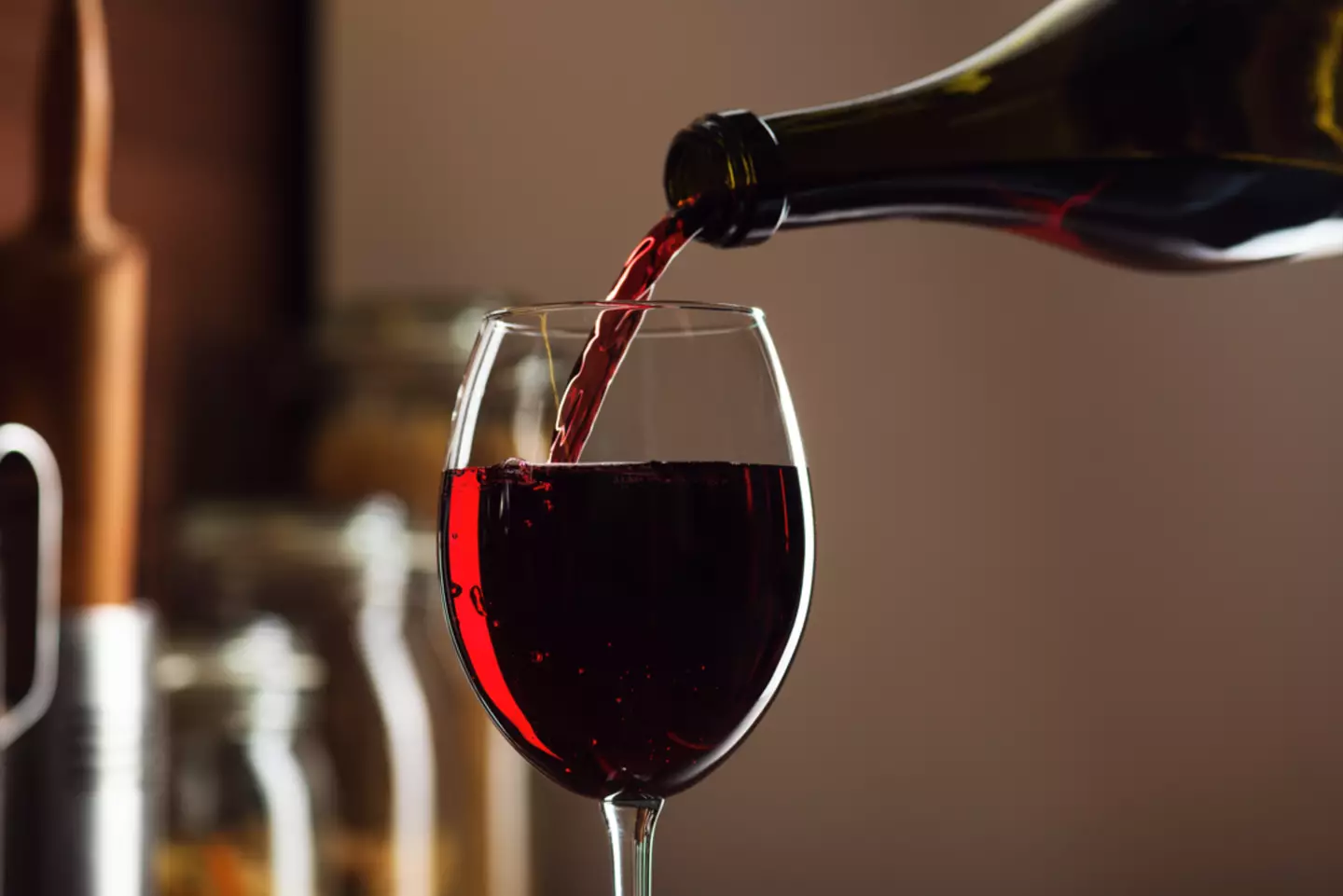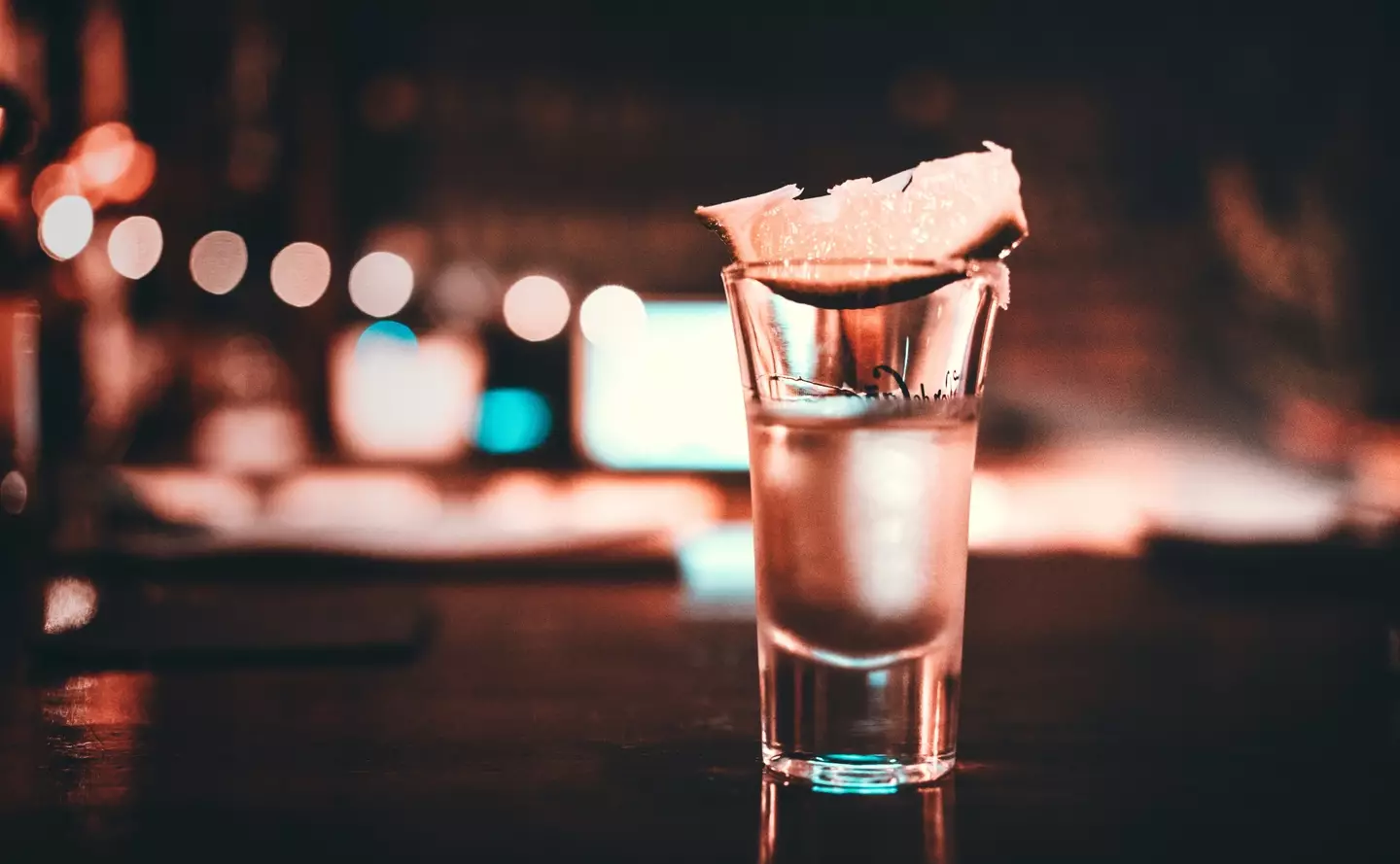
From chugging cans of cider in the park up to sipping a nice Pinot on your front porch, many of us enjoy a drink at various stages of our lives.
Sadly, while it can be delicious, there is no age at which drinking alcohol is actually good for you - yes, even a glass of red wine with dinner.
Medical consensus is now moving away from moderation to the ideal health scenario being that someone remains teetotal, although from a social perspective, at least in countries like the UK, moderation is a perhaps the more realistic goal.
Nonetheless, there are four stages in life where the effects of alcohol are particularly pernicious, according to a new report from The Times.
Advert

In the womb
The first stage is, well, the first stage - when we are still in the womb.
Drinking during pregnancy has long been viewed as a social taboo.
Speaking to The Times, Louise Mewton, an associate professor at the University of Sydney, explained: “Alcohol passes directly through the placenta to the developing foetus, and can have a toxic effect on developing organs, including the brain."
This can result in foetal alcohol spectrum disorder, where a baby is born with cognitive impairment as a result of being exposed to alcohol in the womb.
Even a relatively small quantity of alcohol, such as a glass of wine a week, can result in symptoms.
The second stage, ironically, is the period of life where many of us may start to drink alcohol.

11-19 years
This is as a teenager, between the ages of 11 and 19 when people will have their first drink.
At this age, the risk is not just a result of the alcohol's own toxicity so much as how it makes us behave.
When we are adolescents our brains are still developing, and one of the things which is last to develop is impulse control.
Combine that with lowered inhibitions and you have a recipe for accidents, injuries, and fights.
But it's also in the actual alcohol as well, with Mewton saying: “One of the most consistent findings is that earlier experimentation with alcohol leads to a greater likelihood of alcohol use disorders and other mental illnesses over the long term."

40-65 years
Your 20s might be reckless and your 30s when hangovers start lasting days rather than hours, but it's not until your 40s when we hit the next high risk stage.
Between 40 and 65 is when we may start to see the effects of aging.
Anya Topiwala, a senior clinical researcher at the University of Oxford, said: “Excess alcohol has negative impacts on muscle mass.
"It inhibits muscle growth and increases fat deposition."
65+
Finally, we have 65+, following directly on from the previous age group.
At this age just like it does when we're younger alcohol can also impact on our brains when we're older as well
Federica Amati, head nutritionist at ZOE, said: “In later life, alcohol’s impact on the brain is a cause for concern.
“Older adults may present with dementia-like symptoms associated with alcohol consumption. It’s worth reducing or removing alcohol altogether to preserve cognitive function as we age.”
So there you have it, but to be clear, alcohol is still generally seen as bad for you even if you are in your 20s and 30s... Sorry, folks.
Please drink responsibly. If you want to discuss any issues relating to alcohol in confidence, contact Drinkline on 0300 123 1110, 9am–8pm weekdays and 11am–4pm weekends for advice and support.
